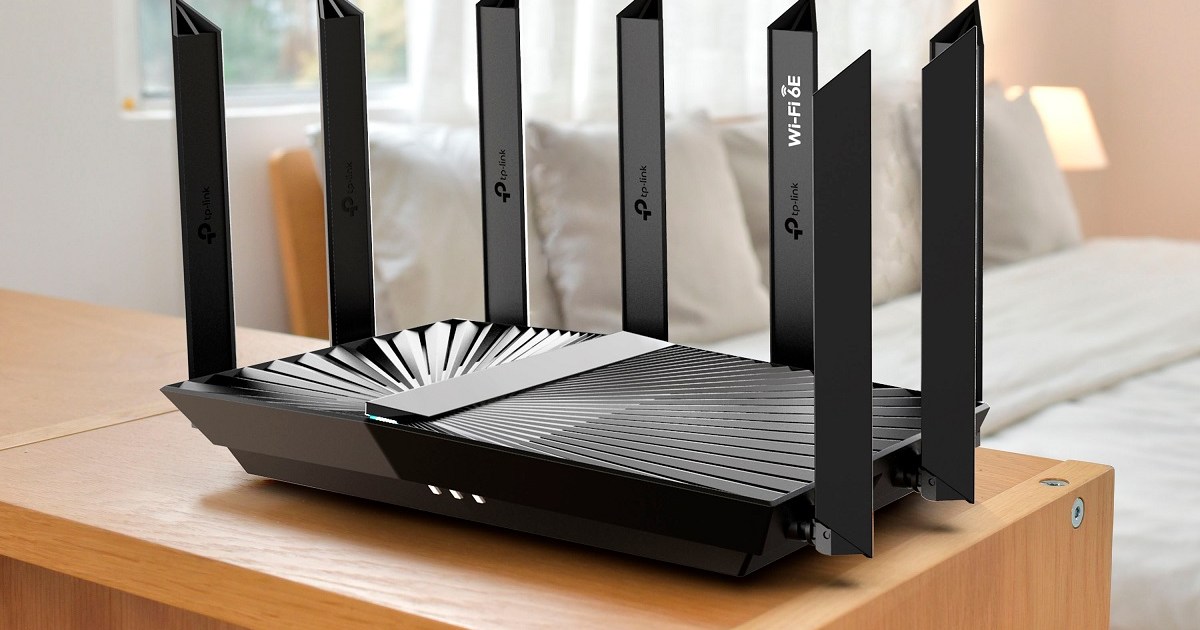By Joe Maring Published December 18, 2024 11:00 AM
 Joe Maring / Digital Trends
Joe Maring / Digital Trends
About a month ago, Google surprised us by releasing the first Android 16 developer preview barely a month after the stable Android 15 update came out. It began a much faster development timeline than we’re used to, and it’s continuing today with Android 16’s second developer preview.
Compared to the first developer preview, Android 16 makes some small (but important) changes. Google calls out improved battery life and increased performance as two main improvements. It always takes a while for developer previews and betas to reach the acceptable battery life and performance of a final/stable update, so it’s nice to see progress made here with the second developer preview.
Also new is an update to Android’s native photo picker. Android 16’s second developer preview introduces a search function, allowing you to search for specific photos saved in the cloud, not just ones on-device. Google says this search functionality is “coming soon.”
Please enable Javascript to view this content
Google is also adding a new haptics application programming interface (API) that will allow apps to “define the amplitude and frequency curves of a haptic effect while abstracting away differences between device capabilities.” In short, developers will have more granular control over device haptics and should be able to create better experiences with them.
There are a bunch of smaller changes, too. This latest developer preview expands Android’s adaptive refresh rate (ARR) that was introduced in Android 15. Android 16 makes it easier for apps to use ARR, which reduces display power consumption when enabled. There’s also a new Activity Intensity metric added to Health Connect, which is based on guidelines for moderate and vigorous activity from the World Health Organization.
Similar to the first developer preview, Android 16’s second developer preview doesn’t have much in the way of significant user-facing changes. Instead, it’s focused on behind-the-scenes updates to help developers get their software ready for the public rollout later next year.
 Google
GooglePer its release timeline, Google will launch the first beta release of Android 16 in January, with additional ones coming in February, March, and April. Google expects to reach platform stability with the March beta, with Android 16’s public rollout likely coming in May or June.
You can download the Android 16 beta on your phone if you’re interested, though we’d recommend waiting until the public beta to ensure the nastiest bugs and glitches are fixed before making the plunge. However, if you’re a developer or have a secondary device to tinker with, you can grab the Android 16 developer beta 2 as of today.

Joe Maring has been the Section Editor of Digital Trends' Mobile team since June 2022. He leads a team of 13 writers and…
The YouTube mobile app is getting a small redesign. Here’s what’s changing

How do you feel about the YouTube app on iOS and Android? Most of us use the app and don't think twice about it, but YouTube announced a lot of changes in October. Some of these planned updates have begun to roll out, and they're worth paying attention to — especially because one of them is difficult to notice. The updated bottom bar is a subtle change, but it adds a bit of flair.
The updated bottom bar is part of a server-side update, which means you don't have to download a new version of YouTube to see it. However, you should ensure you're using the latest version of the YouTube app. For Android, that's 19.47, and it's 19.49 for iOS. The update hasn't reached all devices yet — I still don't see it on my own phone — but it should be applied by the end of the day.
Read more
Google quietly announced a huge change for the Pixel 6, Pixel 7, and Pixel Fold
If you have a Google Pixel 6, Pixel 7, or original Pixel Fold, then we have some good news. Those devices will now last longer, as Google has extended update support for them by an additional two years, according to a change on its support page.
When the Pixel 6 launched, Google also announced that it would be extending software support for future devices from three years to five years. Previously, Google only gave its hardware three years of security and Android OS updates, but at that time, security updates were extended to five years. Android OS upgrades stayed at three.
Read more
I did an iPhone 16 Pro vs. iPhone 6s camera test, and the results blew me away

The iPhone 16 Pro has amassed quite some enviable reputation as a pocket camera powerhouse, and for good reasons. This time around, Apple focused as much on “prosumer” features as it did on tricks that an average person won’t have a hard time figuring out.
Take the new Photographic Styles system, for example. I have been equally impressed with the new 4K/120-frames-per-second capture mode with the audio mixing system in tow. All that revelry got me wondering just how far we’ve come in terms of iPhone photography within the span of a decade.
Read more







![Here’s everything new in Android 16 Developer Preview 2 [Gallery]](https://i0.wp.com/9to5google.com/wp-content/uploads/sites/4/2024/12/Android-16-DP2-logo-2.jpg?resize=1200%2C628&quality=82&strip=all&ssl=1)












 English (US) ·
English (US) ·